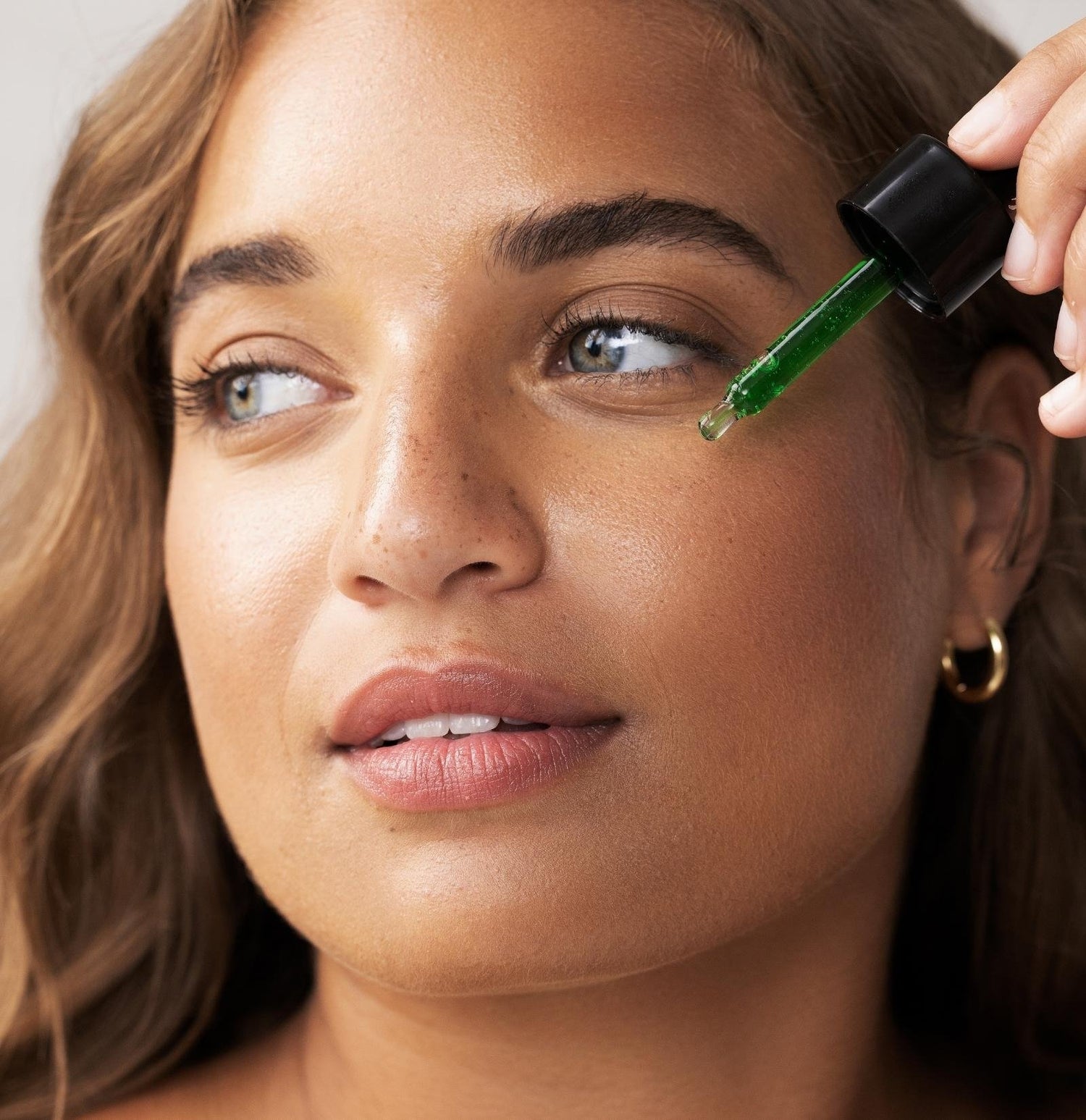Yes, your skin has opinions—and no, it's not shy about them.
Ever feel like your face knows you’re overwhelmed before you do? That’s not in your head—it’s in your skin. Stress shows up in more places than your to-do list, and your complexion is often the first to send up a flare.
If you’ve been breaking out more, flaring up faster, or feeling like your glow took a personal day, it might be time to check in—not just with your skincare, but with yourself.
How Stress Impacts Your Skin (and Why It Happens)
When you're stressed, your body produces more cortisol—aka the "stress hormone." That spike throws your skin out of balance. It increases oil production, weakens your barrier, and triggers inflammation. Translation: more breakouts, redness, sensitivity, and dullness.
You might notice:
- Surprise breakouts (even if you're not acne-prone)
- Skin that feels more reactive or itchy
- Flaky patches or extra oiliness (yep, both can happen)
-
A sudden “blah” tone that no highlighter can fix
Your skin is trying to tell you something—and it’s not just “buy more serum.”
Your Face Isn’t Being Dramatic—It’s Being Honest
Think of your skin as your body’s dashboard. When something is off internally, it often manifests externally. Late nights, skipped meals, too many iced lattes, not enough deep breaths? Your skin will absolutely snitch.
But here’s the good news: just like your mind, your skin can recover—especially with a little extra support.
How to Support Stressed-Out Skin (and Self)
This isn’t about overhauling your routine or masking the signs. It’s about creating calm—from the outside in and the inside out.
Step 1: Simplify your skincare.
Stress weakens your skin barrier, so now’s not the time for 8 actives and a peel. Focus on calming, hydrating, and repairing formulas—like the Intensive Nourishing Cream or Peptide Balancing Toner. They help restore balance without adding to the chaos.
Step 2: Be consistent.
A steady routine gives your skin stability—just like it gives your mind structure. Even 3-5 minutes morning and night can feel like a reset button.
Step 3: Add in skin rituals that soothe.
Try a gua sha massage. Steam your face. Light a candle while applying your Restorative Night Cream. These little touches signal your nervous system to slow down.
Step 4: Address the stress at the source.
Hydrate. Move your body. Sleep when you can. Talk it out. Your skin will reflect how you treat the rest of you.
Listen First. Glow Later.
Your skin is smart—and it’s not just reacting to your environment, but your emotions, too. When you tune into what it’s trying to say, you’re not just clearing up a breakout—you’re giving yourself the care you actually need.
So if your skin’s sending stress signals, consider this your sign to slow down, check in, and show up for yourself—with a routine that supports your whole self, not just your face.


